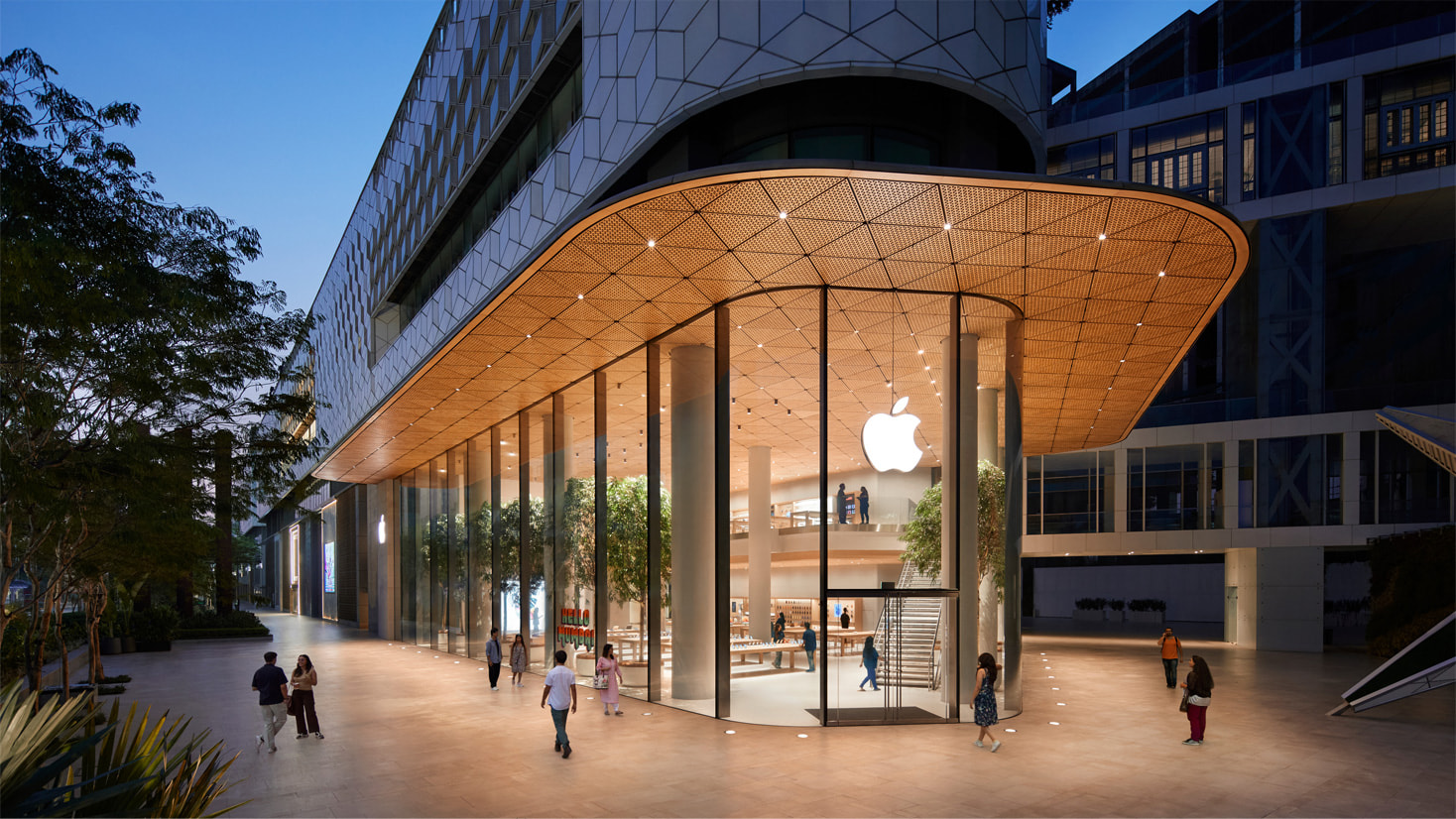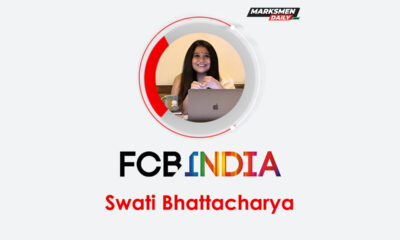Business
From iPhone 3G to its first Retail store in India: Apple’s 15-year journey in India
Published
12 months agoon

It was the beginning of 2008 when the iPhone, which initially appeared in the Indian market in 2007, became the most sought-after mobile device. 2008 is also considered a notable year, as the iPhone 3G made its official debut in India. Since then, Apple has been riding an enormous wave globally, and in India it has since delivered a myriad selection of its products.
On April 5, 2023, Apple announced the opening of its first retail store in India at Jio World Drive Mall in Mumbai. 15 years have passed since the first iPhone launched in India. Apple BKC has finally become the cornerstone for the brand’s long-term goals in India. The inauguration date and list of dignitaries attending the ceremony have not been published, but the “Hello Mumbai” sign is a sign of bigger things to come.
As Apple opens its first stores, here’s a look back at the company’s history in India.
August 2008: The iPhone 3G makes its debut in India, lacking the huge frenzy and long lines that greeted its release in the United States, Europe, and portions of Asia.
January 2016: Apple submits an application to the Indian authorities to open its own stores in the country.
May 2016: Apple CEO Tim Cook meets Indian Prime Minister Narendra Modi for the first time in New Delhi as the business considers an expansion plan.
June 2016: India lowers its foreign retailer investment requirements, allowing companies like Apple and IKEA to open stores in the nation.
May 2017: With the iPhone SE model, Apple, in conjunction with contract manufacturer Wistron, commences domestic manufacturing of iPhones in India for the first time in Bengaluru.
September 2020: Apple Inc. opens its first online store in India, coinciding with the country’s holiday season.
October 2020: India authorises incentives under a federal plan to grow domestic smartphone manufacturers to 16 companies, including big Apple suppliers, in October 2020.
December 2020: Contract workers at Apple supplier Wistron’s Bengaluru factory vandalise the building in protest over unpaid salaries. Apple placed the plant on probation before restarting operations two months later.
December 2021: Protests occurred at Foxconn’s Tamil Nadu facility when more than 250 female workers living in one of the corporate dorms were treated for food illness. Apple eventually discovered that the facilities did not meet required standards, and the facility was forced to close for more than three weeks.
December 2021: India’s competition watchdog orders a probe into Apple’s in-app fee structure, claiming that the iPhone maker violated antitrust laws.
September 2022: Pegatron, an Apple supplier, opens its first plant in Tamil Nadu state in September to manufacture iPhones.
February 2023: Foxlink, an Apple supplier that manufactures iPhone chargers, temporarily ceases operations at its assembly plant in the southern Indian state of Andhra Pradesh owing to a massive fire that caused a portion of the structure to collapse.
Apple Store’s inauguration in India welcomed with enthusiasm
The company opened its online store to customers in India in 2020, and it has been a smashing success. The next stage is to open offline retail locations. At a shareholder meeting in February of that year, Tim Cook was asked about the company’s plans for India, and he said Apple would open its first Apple-branded store there the following year, but the pandemic hasn’t been kind to any company.
“We needed to get permission from the government to go in there ourselves,” Apple CEO Tim Cook said. This trip represents his first to India in seven years; he last came in 2016 when Apple was only just starting to expand its operations in the country. According to reports, Cook would also meet Prime Minister Narendra Modi and Deputy IT Minister Rajeev Chandrasekhar during his tour. PM Modi’s office made no public statement on the matter.
People travelled from all around India, to witness the inauguration ceremony, which also featured local music and traditional dance displays. The Mumbai store, which is located in an upscale neighbourhood, was inspired by the city’s ubiquitous black-and-yellow taxis. Apple products were formerly available in India either online or through a large network of resellers.
The new outlets open in tandem with Apple’s plans to expand its retail presence in India, the world’s second-largest smartphone market. In the price-sensitive Indian market, where more than 95% of smartphones run on Google’s Android platform, the iPhone remains an aspirational device.
Ahead of the store launch the tech giant’s sales in the country reached a new record of nearly $7 billion for the year ending in March. This underscores the growing significance of the Indian market for Apple and highlights its efforts to expand its presence and offerings in the region.
Apple’s revenue in India jumped by nearly 50% from $4.1 billion in the financial year 2023, Bloomberg reported. Apple is expected to announce its quarterly earnings on May 4 and has signaled that it expects total global revenue to decline. Moreover, analysts believe that the time has come for Apple to invest in India’s expanding “premium smartphone” market.
In the meantime, the company’s contract manufacturing partners are growing. As Apple diversifies its supply chains away from China, India is growing as an iPhone manufacturing base. India presently accounts for 5% of total iPhone manufacturing. Apple’s supply chain is still predominantly based in China, while the company is gradually expanding into other countries such as India and Vietnam.
Furthermore, if you happen to be in Mumbai in the coming days, you can take a look at Apple BKC which is inspired by Mumbai’s famed Kaali Peeli cab art. The Apple BKC creative features vivid versions of the decals as well as several Apple products and services that will be available to clients. Mumbai was Apple’s first retail store in India, with a New Delhi store opened next.
And people across India can’t wait for the next Apple Store announcement.
You may like
-


Indian Government’s Crackdown on Social Media: A Threat to Free Speech
-


The Simpsons did it again! This time foreseeing Apple’s latest technological innovation – The Apple Vision Pro
-


Dilip Venkatraman was promoted to SVP and business head for Media and Entertainment at Tech Mahindra
-


Swati Bhattacharya steps down as FCB India CCO
-


Lodha Ventures onboards Mahesh Shah as President of Corporate Communications
-


Nippon India Mutual Fund names Kaiyomurz Daver as Chief Marketing Officer


